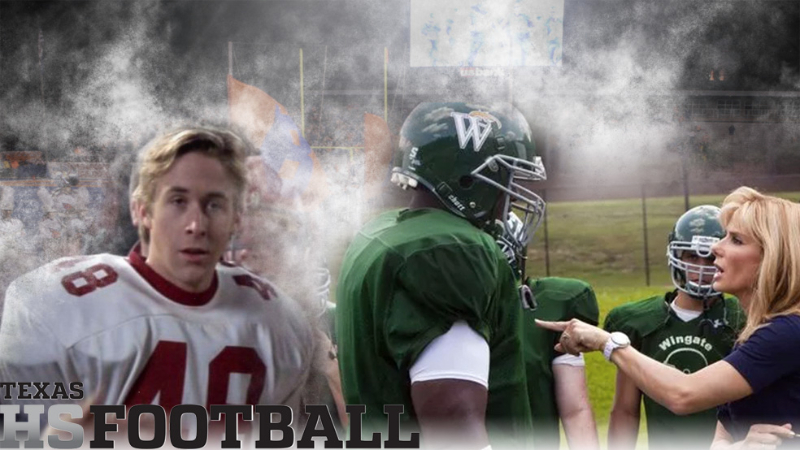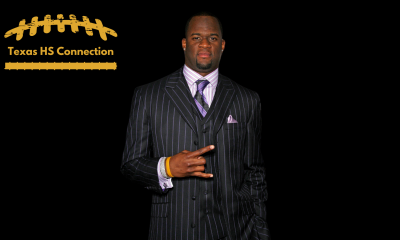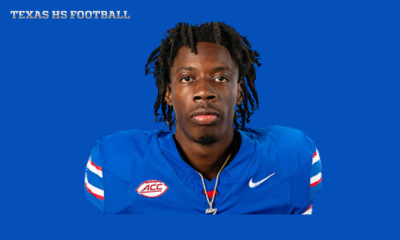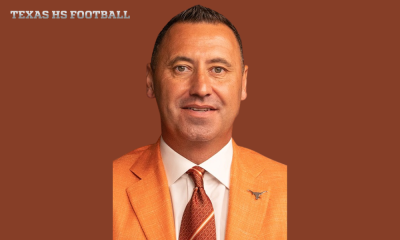
Every Tuesday, we’re jumping in and reviewing football movies until the season starts. Enjoy!
KYLE: Let’s talk about “The U”. When it was released, critics heralded it as one of the crowning jewels of the “30 for 30” series — or ESPN’s documentaries that lasted a heck of a lot longer than 30 films with far more than 30 directors. How has it aged for you since the eight years after it was released?
TJ: This movie ages like a fine wine. It was great when it was released, it was great when I re-watched it for this piece, and it will still be great whenever I get around to watching it again with my children in a couple of years.
KYLE: It all felt very dated to me. The name graphics; the cutaways; arguably the worst soundtrack I’ve ever heard in a film; the glossing over controversies that plagued the program for much of the duration of their reign. I mean, they were even faced with the death penalty at one point, and 2 Live Crew dismissed it as the media trying to start a witch hunt.
TJ: The main plot points in this 30 for 30 documentary still hit home in today’s world. You still have schools going out and finding kids that other more prestigious programs may overlook. And, you have teams and coaching staffs being hit with NCAA sanctions after being caught for recruitment and on-field violations.
However, what we will never see again is a group of players playing by their own rules on the field. Because of these Miami teams, the celebration penalties we see today keep it so kids cannot have the same enjoyment. You will never see a player like Randal “The Thrill” Hill running up the Cotton Bowl’s entrance ramp, and then using his fingers as a “six shooter pistol” and firing back at the University of Texas players.
There’s a reason why this program, and this 30 for 30, spawned two others after. The story of the late 80’s early 90’s Miami Hurricanes will continue to be the best, and most fun, story that college football will produce.
KYLE: I get it: football was a way out from the police brutality and violence that caused riots throughout the city. At the time, there were no other teams besides the Dolphins. It was just hard for me — being outside of the state of Florida — to really put much of my passion into this team. Felt like a generic telling of a down-on-their-luck program given some much needed resuscitation by an experienced HC.
The film did remind me of Texas HS Football with parents getting into it and the community pledging their support. The philosophy of roping off Miami as a city state is very telling for Texas areas that do the exact same thing — recruiting kids in local areas that no other team wants to go near with a ten foot pole. Explains why we saw some of the famous coaches at small-town games last year.
TJ: Of course the film is going to feel outdated in 2017; because the meat of this story happened almost 30 years ago. It wouldn’t have made much if any sense if the graphics would have been from this era, and the same goes if the soundtrack would have been done by Pitbull and Future, instead of 2 Live Crew. Plus, that music is so much better than the slop we have today. Uncle Luke’s “Booty Music” blows the garbage put out by anyone not named Kendrick Lamar out of the water.
But, back to the movie.
Back in the late 80’s, early 90’s Luther Campbell was what Phil Knight, or T.Boone Pickens, or hell Red McCombs is to their programs. Except back when “Uncle Luke” was doing it, the term “booster” wasn’t as casually thrown around. This Miami team was the first of its kind.
They were the first to incorporate hip-hop into their culture. The first to make winning and making great plays seem cool. And they were the first team to run up the score and not feel bad for doing it.
I will agree slightly that the rise is of the Hurricanes team is about the coaches. Yes, if it wasn’t for Howard Schnellenberger going above and beyond who Miami was recruiting at the time they wouldn’t have risen so fast. And it did breed a coaching icon like Jimmy Johnson. However, he landed in a spot like Steve Kerr landing into the Warriors. The team was already stacked with future first-round draft picks. All he had to do was let them be themselves, and not try to micromanage them and take away their personalities.
Without “The U” a team like USC, under Pete Carroll, doesn’t come to form and that dynasty in the early 00’s never happens.
KYLE: I guess former Hurricanes coach Larry Coker tried to do the exact same thing coach Schnellenberger did, but at UTSA: try to make a college program the beating heart and soul of the city state. I guess he did it to some degree. It’s a mission most colleges competing in the FBS hope to accomplish.
As for the documentary, I’m never a big fan for films that feel like advertising for their respective DI business. By completely ignoring the bad that dogged the program throughout the duration of their reign, I feel like director Billy Corben does a disservice to the actual nitty-gritty story of what happened. Even when the goings go bad on the football field, the doc just kind of mentions it on a side note, and the next thing I know, I’m watching players give testimonials on why Hurricanes football is the best there is. The rise was fascinating, not so much what happened during the peak or the duly mentioned fall.
The “30 for 30” series usually has accessible content, but sometimes they do niche work. “The U” is niche for Big East Conference fans; if you don’t care about Florida football, you’re on the outskirts looking in. 2.5/5
There is a reason why ESPN made not only one spin-off to this movie, they made two. It is a perfect snapshot of life in Miami, and how this team was the best program of the early 90’s. They won and rubbed it into anyone’s faces that dared try to stop them; and,they had fun playing the game.
This came across in all of the interviews from the former players, coaches, and Uncle Luke. 5/5
Final Grade: 3.75/5
Brought to you by:




















